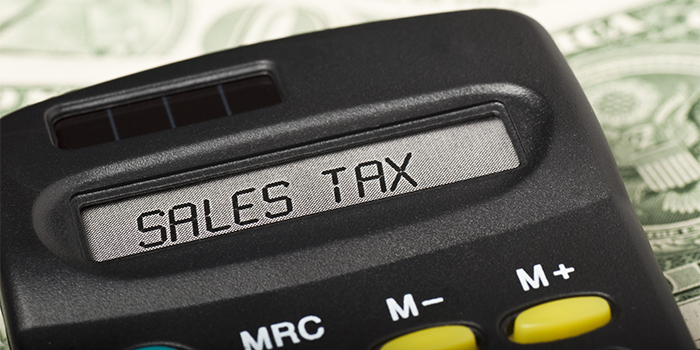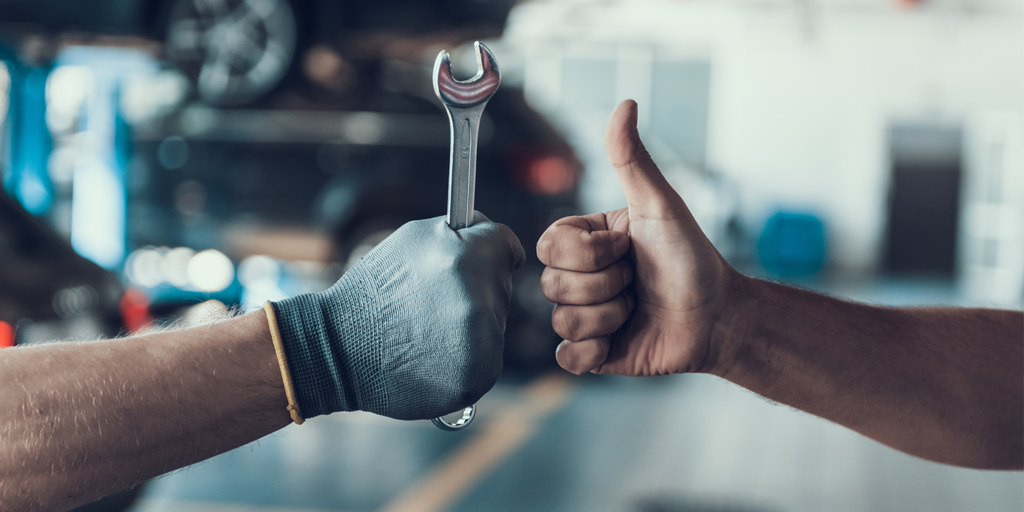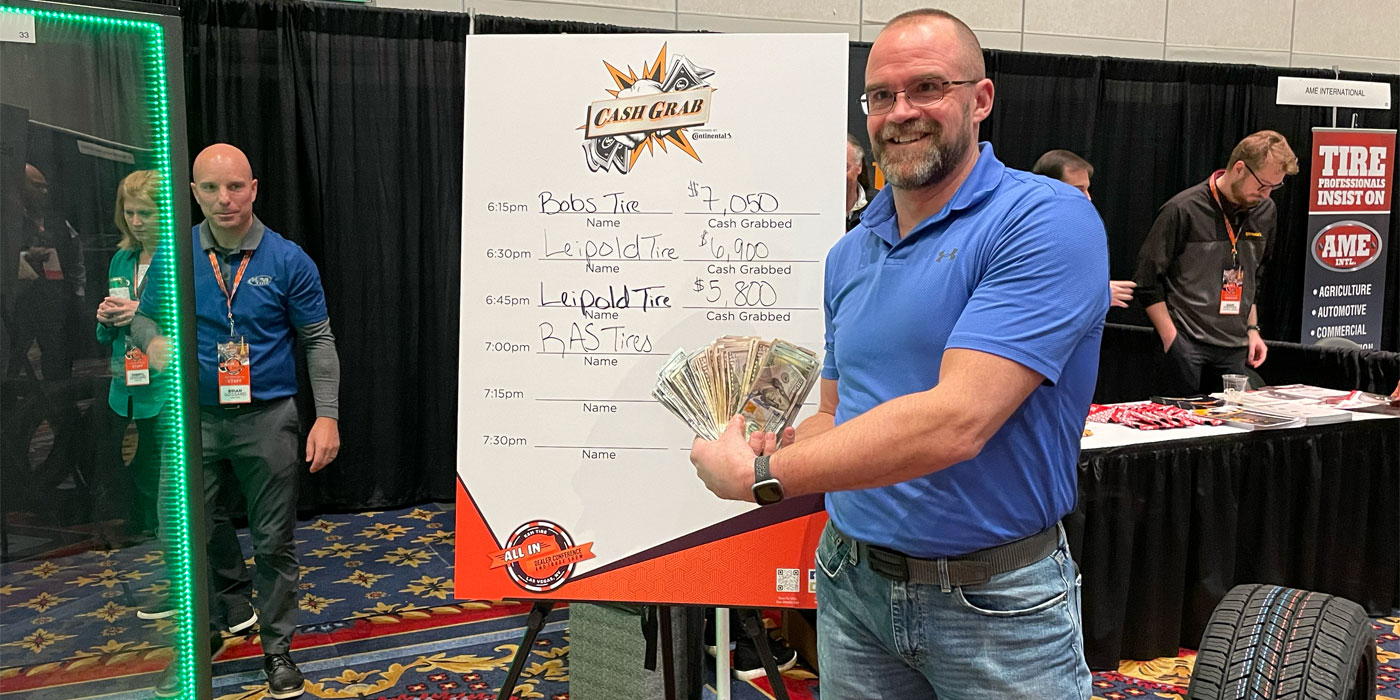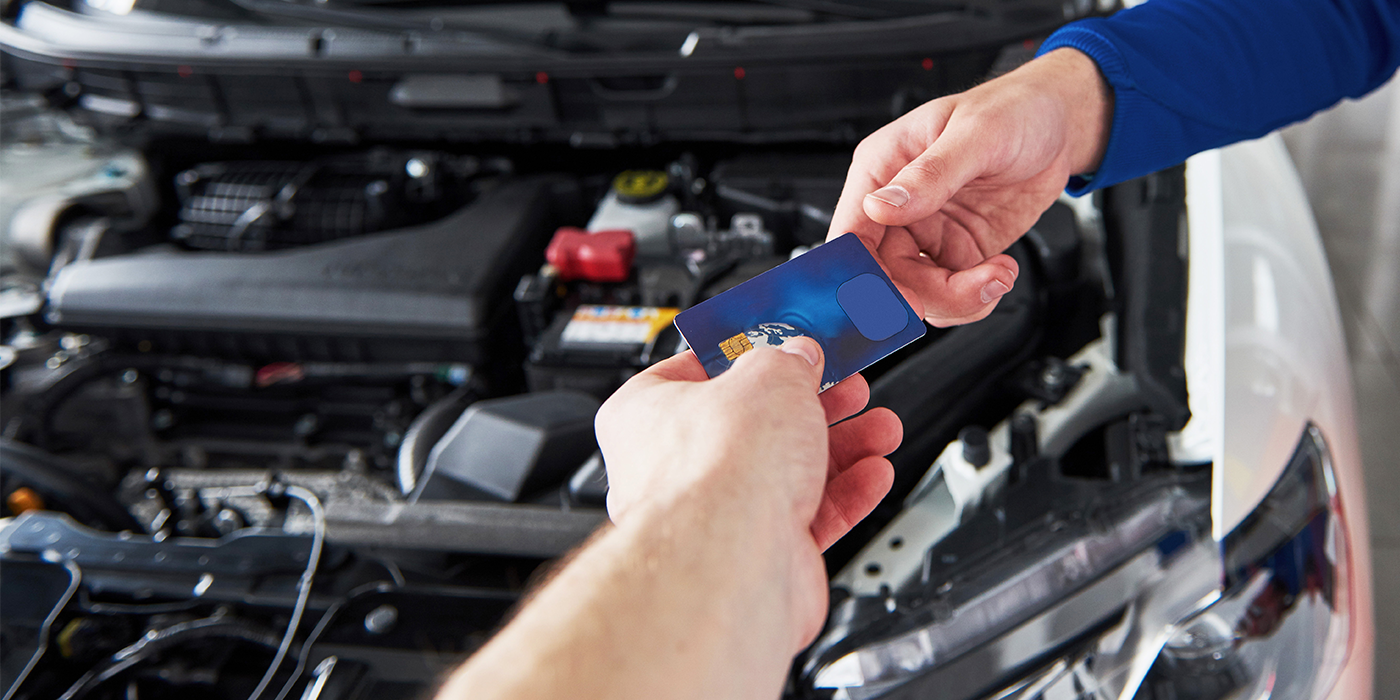In the October issue of the Virginia Automotive Report, Terry Westhafer of Central Tire Corp. in Verona told of his personal account of a recent Sales Tax Audit. Since then, we have spoken to Mark Hornsby of Hornsby Tire Co. in Newport News, who also experienced a recent audit. Both Terry and Mark have contributed to this article, and it became clear in speaking with them and other VAA members, that there is a great deal of confusion within our industry on this subject.
The answer to “Is it Taxable or Not” is not always quite as clear as you might think, and as Terry and Mark were told by their auditors, you may not find out until you are audit-ed. While the process of their audits was very time consuming, both Terry and Mark said the auditors they dealt with were reason-able and fair, and willing to listen to their arguments to support their case. Realizing sales tax is a pass through to the consumer, the auditors realized most business owners want to do the right thing, and they expressed a desire to help educate with this process. Unfortunately, this education can come at a cost if you are not treating these items correctly. As you read in Terry’s October article, he won some of his challenges, and lost some too. Ditto that with Mark’s audit.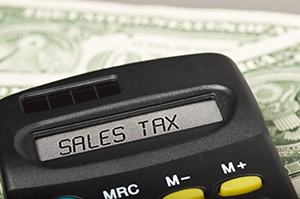
To help members’ take some of the guesswork out of this, we took examples from Terry and Mark’s audit, and tried to come up with a list of items frequently used in our industry, and what we believe the ruling to be. We took this list to our contacts within the Virginia Department of Taxation and asked their opinion, and some cases they have provided specific written rulings from the Commissioner.
As part of this article, we are including our list of items, is it taxable or not, which can vary depending on circumstances, and some notes on why the ruling is what it is.
Think of 4 areas:
1. Tangible property (parts, tires, etc.) you buy and resell which you are exempt when buying, and is tax-able to your customer.
2. Labor which has always been exempt in Virginia.
3. Service you provide – may or may not be taxable.
4. Fees you charge your customer – may or may not be taxable.
Where the lines get somewhat blurry is in the interpretation of what is labor vs. service vs. fees.
Here are some examples: You install ball joints on a customer’s vehicle; on the parts side, the ball joints, which you tax; on the labor side what you charge to install, which is not taxable– pretty clear.
How about you sell a customer four new tires, balance them and perform an alignment. You charge the State Recycle fee of $.50 per tire which is not taxable (this used to be known as the tire tax). You also charge a waste tire disposal fee to cover your costs of disposing of the customer’s old tires– is this labor and not taxable? No, this disposal fee is just that, a fee, and not labor. Because it occurred as part of an invoice and in connection with the sale of a new tangible product (the tires), the disposal fee is taxable.
The state uses an analogy that might help in understanding their rulings: If you buy a new suit, and have a separate charge to alter the suit, the alterations charge is taxable– seems like labor, but they rule it as a fee which is taxable because it was incurred with the sale of tangible personal property (the suit).
Here are a few other items that have come up in audits:
- Road Service– it’s not labor, and if you go out and just mount a customer’s spare, it’s not taxable. However, if a new product is installed at the same time as the service call (tire, tube), the road service call is taxable.
- Flat Repairs– this is a service you provide, and most itemize the charge as all labor and do not tax it. However, what about the items you use as part of this service, the patch/plug, cement and solution? The definition states you should pay tax on these items when you purchase them.
- Shop Supplies– the commissioner’s written ruling states, similar to the flat repair example, you would pay tax on the items you consider shop supplies– solvents, chemicals, nuts/bolts, etc. when you purchase them. Then if you charge your customer a line item for shop supplies, that item to your customer would not be taxable. Many may be treating this just the opposite; the tax department has said there is confusion over exactly what is a shop supply because it can mean different things to different people, and that is why the department has ruled this way.
- Wheel Balancing– most shops don’t itemize out wheel weights on the invoice– it’s just one line item charge for the entire amount, and most list it on the labor side. If you pay sales tax on the wheel weights when you buy them, then this is fine. If you do not, and are audited, they will rule the entire amount of the charge per wheel should be taxable. Either pay for them when you buy them, or break down the invoice to include the weights you used as parts (taxable) and the labor to balance the wheel (not taxable).
- Diagnostic Fee– if all you do is perform is a diagnosis on the invoice, this charge is not taxable. However if the result of your test leads to the sale of a new part on the invoice (sensor, etc.) the diagnostic fee you charge is taxable. This is one we may question and request a ruling from the tax commissioner, as it can be argued this is labor. For now, charge tax on it if a part is sold as a result of the diagnosis.
- Sublet charges– if you take your customer’s car to a specialty shop and have work performed, include a mark up, and then rebill it to your customer, you need to break down the parts and labor separately, and charge tax on the parts. Some just take the total cost of the sublet, mark it up, and list the new total on the customer’s invoice. If you do this, and don’t break it down, the tax department will assume the total charge is taxable.
Our hope is this will help all VAA members, both dealers and suppliers, in better understanding what you should be doing when it comes to applying sales tax. You may not agree with every ruling on this list, but this is how an auditor is going to make judgment.
Here are a couple of bottom line takeaways: with most of the items, someone is going to pay the tax– either you when you buy it from your supplier, or your customer when you sell it. And your tax exemption is a resale exemption; unless you can prove it is a resale item, you need to pay tax on it at purchase.
Review this list with your employees, so that they will apply sales tax correctly, and also be able to explain the reason to a customer who may challenge you. While we feel this list is as accurate as we can possibly get it, if you have questions or are unsure on items you sell, take this list to your accountant for his or her opinion. Further questions or an item not covered here, let us know, and we can ask for an opinion from our sources at the tax department.

